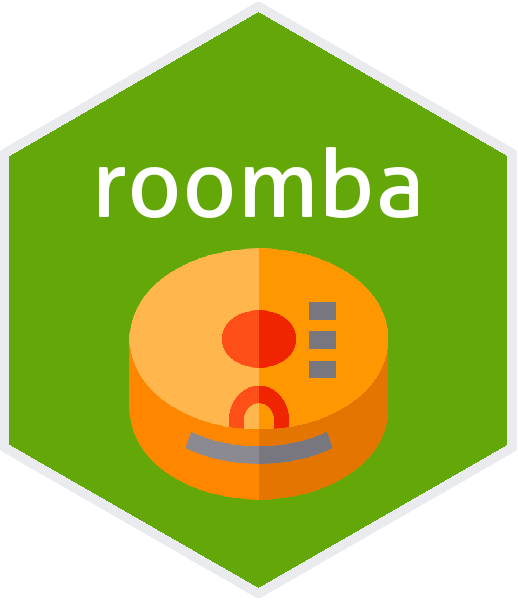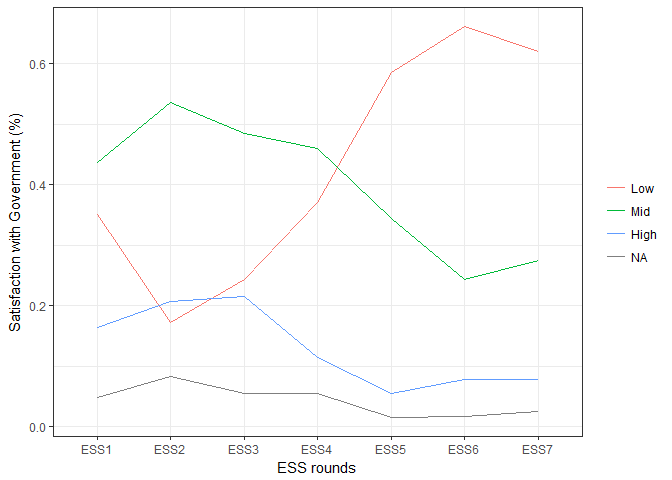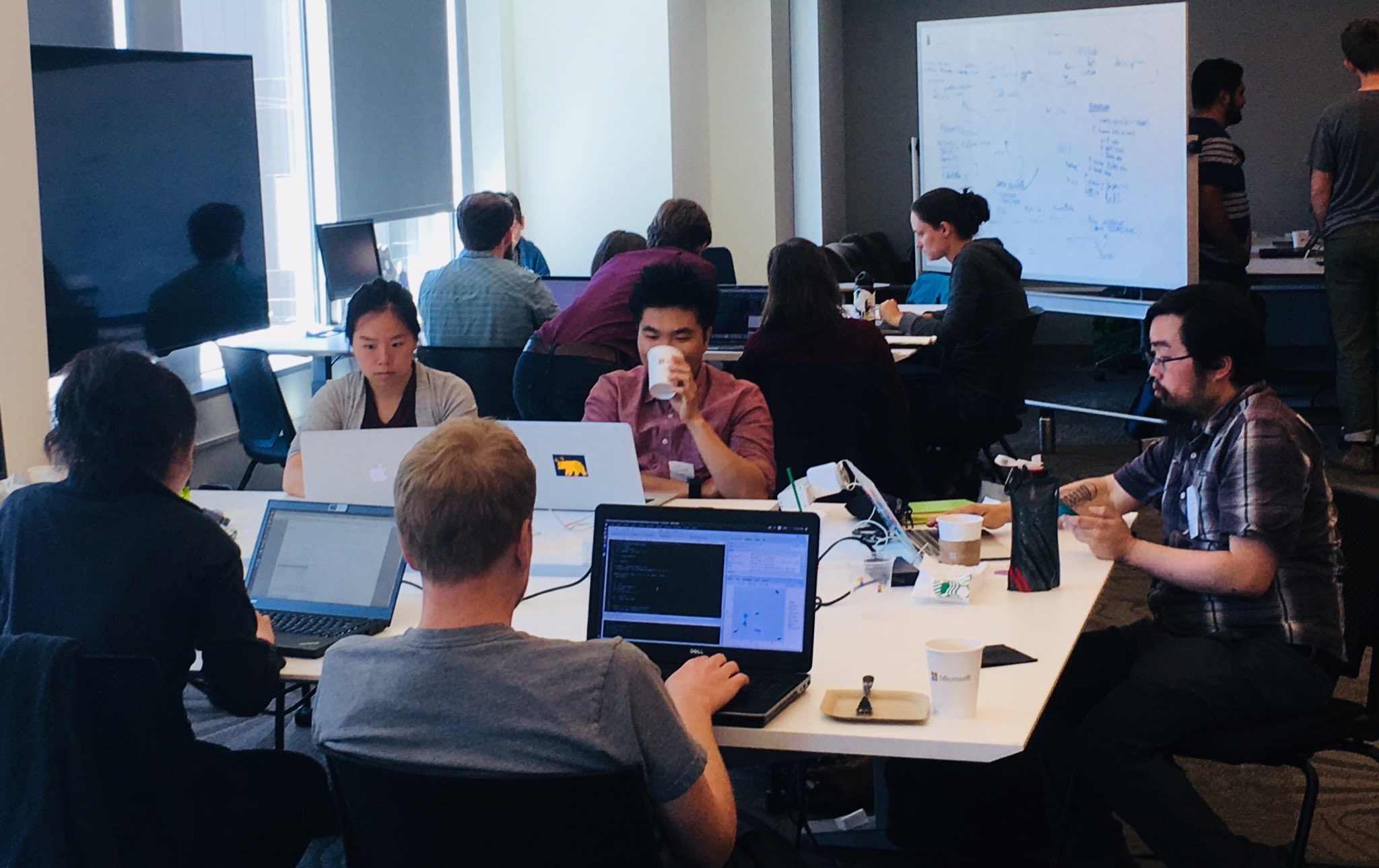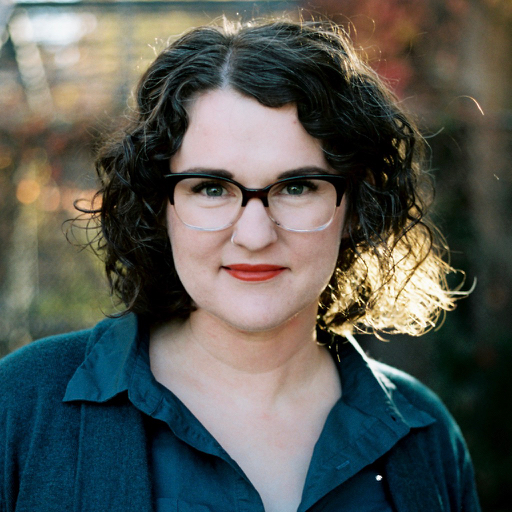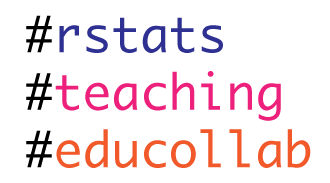
In the first post of this series, we sketched out some of the common challenges faced by educators who teach with R across scientific domains. In this post, we delve into what makes a “good” educational resource for teaching science with R. For instructors teaching sciences with R, there are a number of open educational resources that they can reuse, tailor to their own teaching style, or use to inspire them in creating their own materials.


